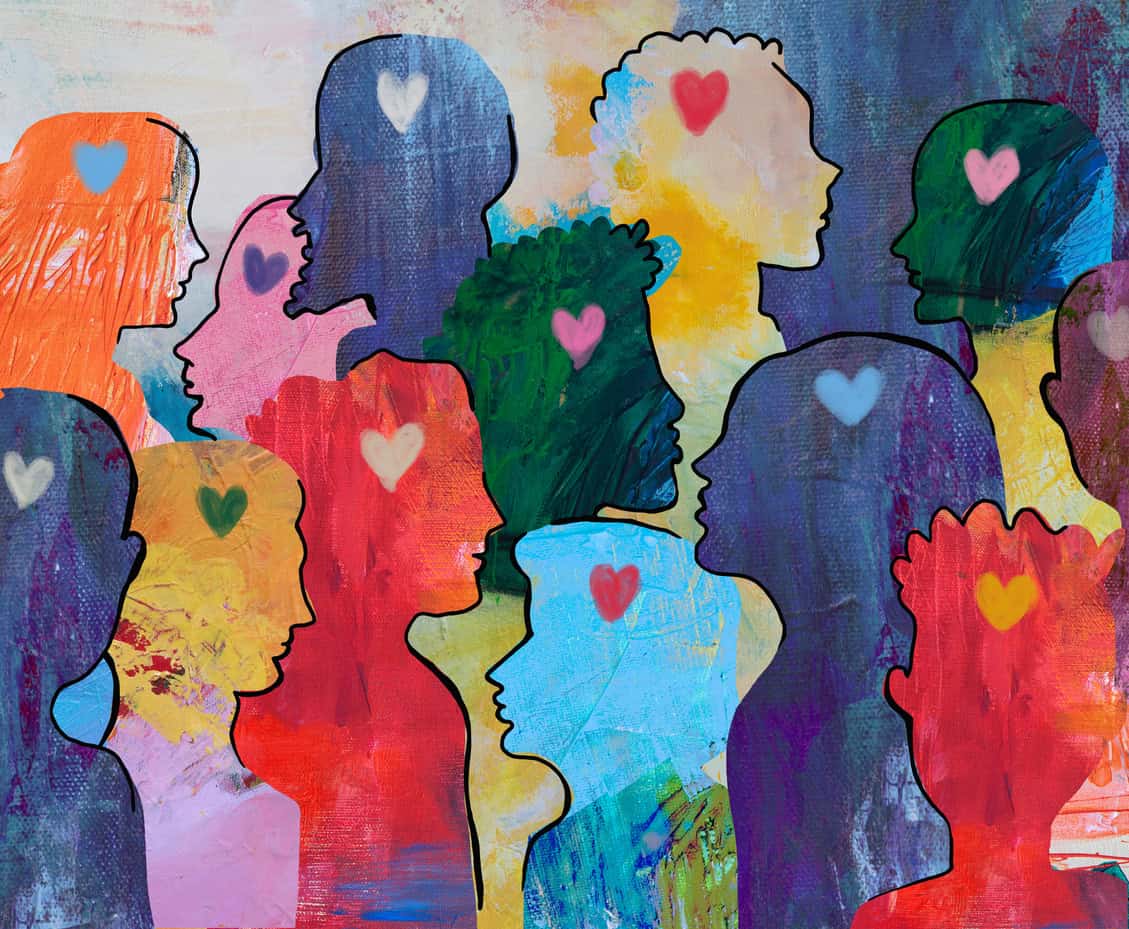Anxiety is one of the most common mental health struggles among all of us; All ages and all life-styles. Yet it’s often one of the most misunderstood and quietly carried. Un-shaming anxiety will open the door for us to stop seeing it as a weakness or flaw.
The shame of feeling “too much,” or for not being able to “calm down,” or for needing help is exactly what creates more shame… more pain… more separation… thus more pain.
Here’s the truth: Anxiety is not a flaw. It’s a signal, not a failure. It’s an indicator or a cue; And it deserves respect, not shame.
When we un-shame anxiety, we open the door to healing, connection and growth.
We can stop hiding.
Shame silences. When we drop the shame, we give ourselves permission to talk openly. That honesty becomes the first step toward support, understanding and relief.
Shame will grow in silence.
Shame grows in silence the way mold grows in the dark: hidden, unchecked and slowly takes over to create a toxic place.
With the feeling that we are fundamentally flawed or unworthy, we often want to hide it. We avoid talking about it, even with people we trust, because we fear judgment or rejection. This silence becomes a breeding ground for shame to intensify.
“Shame needs three things to grow out of control in our lives: secrecy, silence, and judgment.”
– Brené Brown, The Gifts of Imperfection: Let Go of Who You Think You’re Supposed to Be and Embrace Who You Are
We are not weak. We are wired for survival.
Anxiety is rooted in our biology. It’s a survival mechanism. Our brains want to protect us from danger. Even if the threat is no longer a tiger in the jungle, it could be a looming deadline, a social interaction, or a world that feels overwhelming. The feelings are real. The reactions are real. And so is the suffering. But it’s not weakness—It’s being human.
We feel less alone.
When we un-shame anxiety, we realize we’re not the only ones carrying it. Others have been there too. In fact, everyone has been there at some point. The simple act of knowing we’re not alone, can lighten the emotional load.
We reach for help sooner.
Shame delays support. It convinces us that we have to “tough it out” or “fix it ourselves.” Without shame, we can see therapy, seek medication, or practice meditation leading to healthy choices.
We create safer spaces, for everyone, for society.
When we talk about anxiety without judgment, we make it easier for others to do the same. This creates a ripple effect of compassion in families, friendships, classrooms and workplaces.
What if we simply reframed anxiety?
What if, instead of asking, “What’s wrong with me?” we asked, “What is my anxiety trying to tell me?” What if we saw anxiety as a sign that we need rest, support, boundaries, or deeper understanding—not a sign that we’re broken?
Healing begins when we allow ourselves to feel without judgment and when we trade in shame for curiosity and compassion. When we give ourselves permission to be in progress, not perfection.
We reclaim our power.
The isolation intensifies the belief that something is wrong with us. The more we speak openly about anxiety, the less power it holds. Vulnerability invites connection. And connection is one of the most powerful antidotes to shame.
Un-shaming anxiety reminds us that anxiety is something we experience, not something we are. And that’s a powerful shift.
Un-shaming anxiety might not make it disappear, but it will change how we live with it. And that can change everything.
Let’s normalize the conversation. Let’s name it when it shows up. Let’s support each other with less fixing and more listening. And most importantly, let’s remind ourselves—and each other—that feeling anxious doesn’t make you any less strong, worthy, or capable. It just makes you real.
At Therapeutic Educational Consulting, we guide, support and recommend placement options for treatment centers, nature-based therapy, therapeutic boarding schools and alternative education for adolescents and young adults.
Schedule a no-cost discovery call with Rae Guyer, your therapeutic consultant to discuss options.
© Therapeutic Educational Consulting
Image credit Stellalevi






